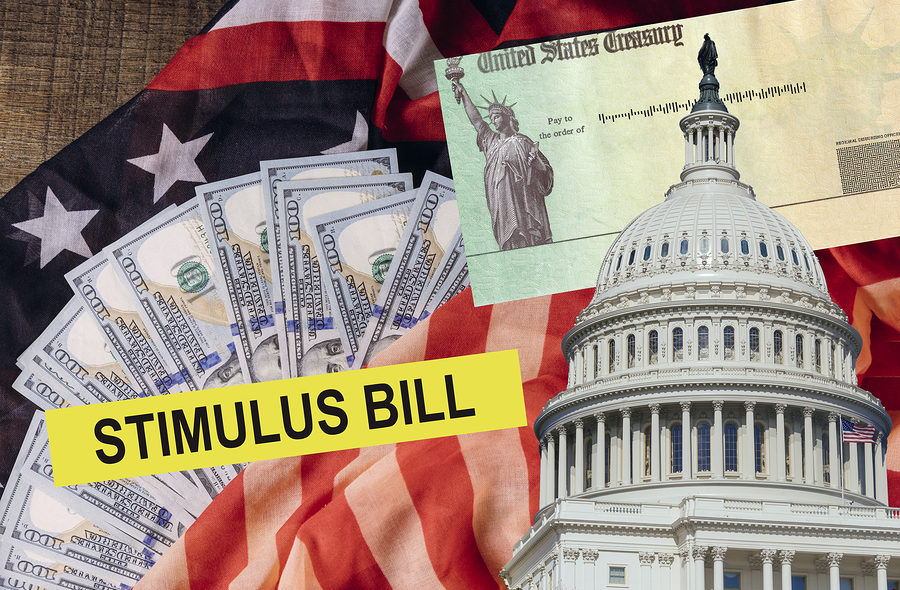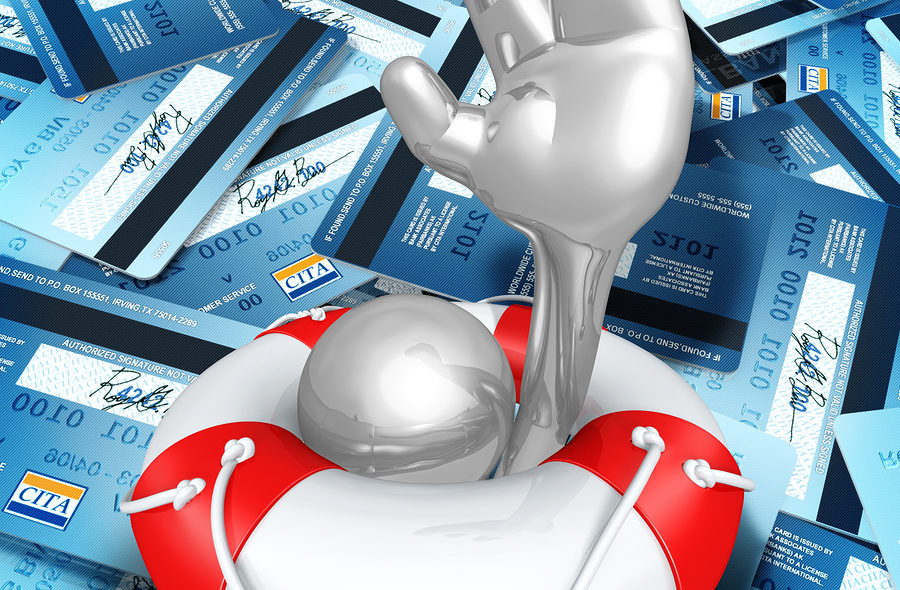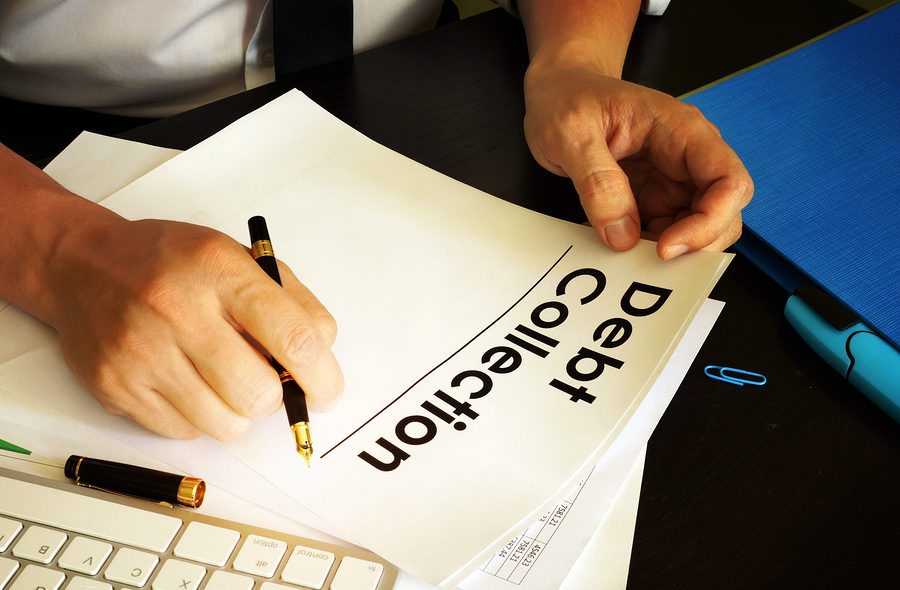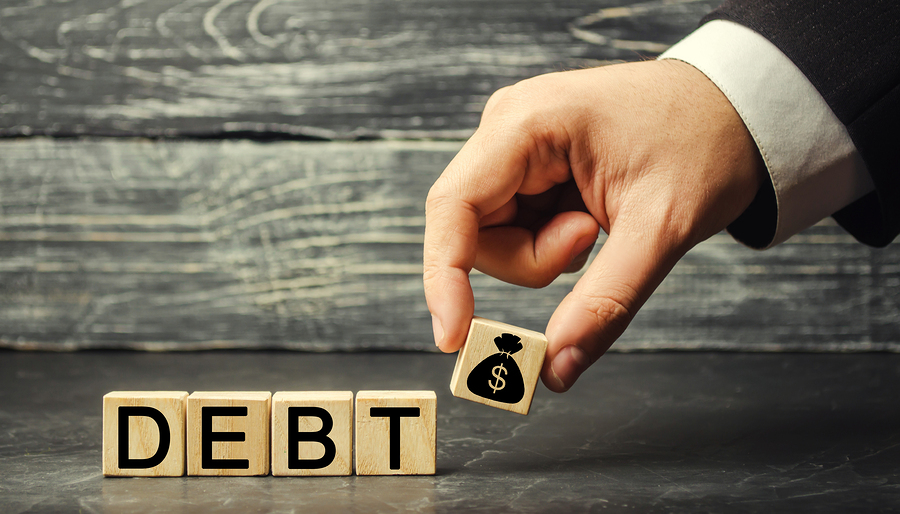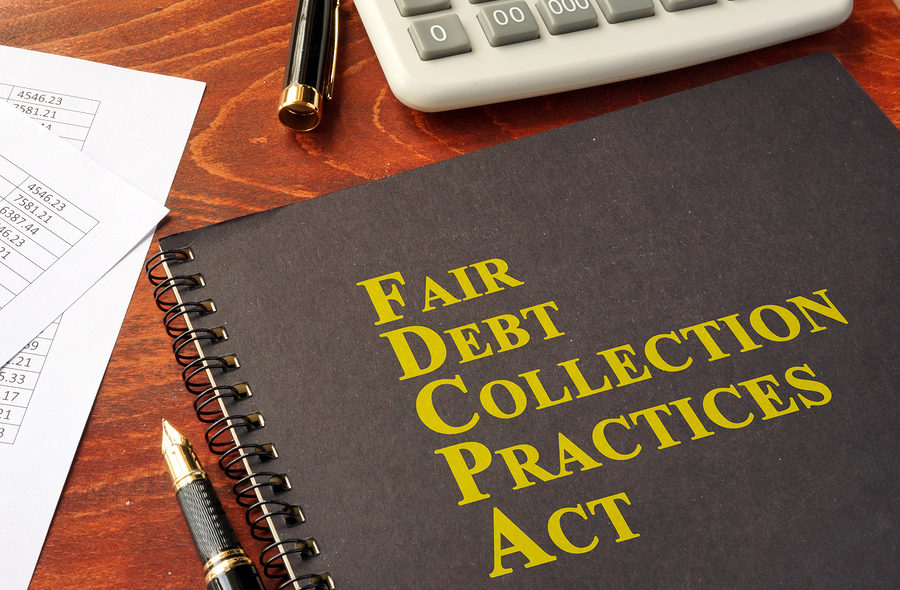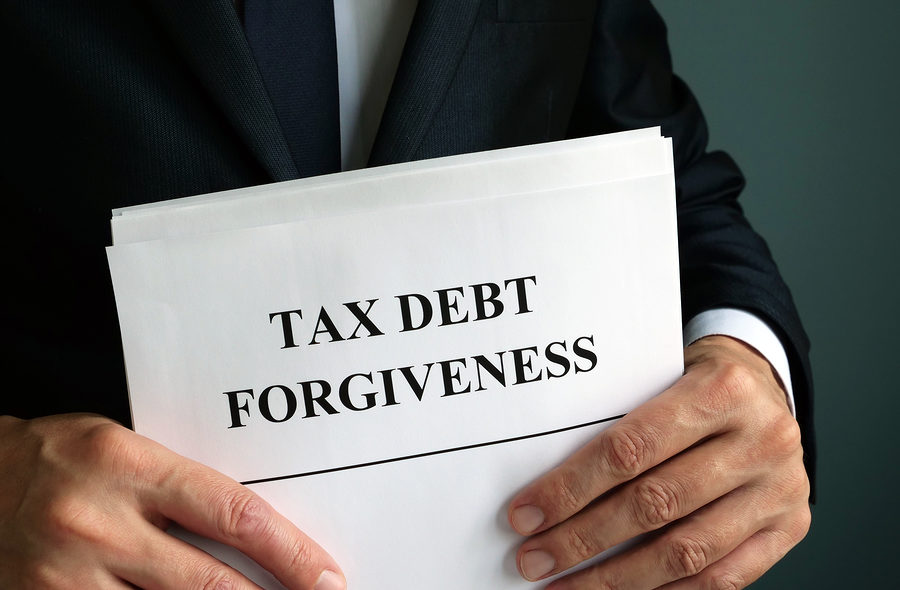The coronavirus (COVID-19) crisis has hit South Floridians hard. With stay at home orders issued, many are finding themselves out of work and stuck at home. Many have lost their jobs due to temporary or even permanent layoffs. Without a reliable source of income, these individuals may find themselves struggling to pay their bills. The following tips can help consumers manage their debt during this difficult time.
Federal Student Loan Payments
Under the federal Coronavirus Aid, Relief and Economic Security Act or CARES Act, which was signed into law by President Trump on March 27, 2020, federal student loan payments held by the U.S. Department of Education will be suspended for a period of six months with no interest accruing until September 30, 2020. This payment suspension occurs automatically and does not need to be requested by the individual.


